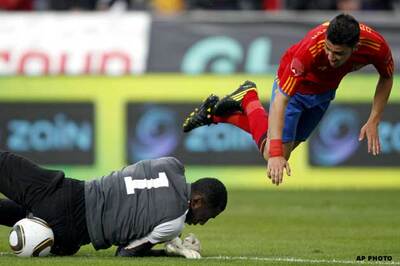
views
Praising children for being smart may actually help make them more likely to cheat according to two new studies from the Ontario Institute for Studies in Education (OISE) at the University of Toronto and researchers in the US and China.
Although the team at OISE's Jackman Institute of Child Studies (JICS) recognize that giving praise is one of the most common ways parents and teachers reward children, "Giving children wrong kind of praise makes them dishonest," said Professor Kang Lee.
In one study, published in Developmental Science, researchers recruited 323 3- and 5-year old children and split them into three groups -- a smart reputation group who were told they have a reputation amongst teachers and classmates for being smart, an 'irrelevant' reputation control group who were told they had a reputation for being clean, and a no reputation control group where the children were given no information about their reputation.
The team found that children who were told they had a reputation for being smart were significantly more likely to cheat in a guessing game than their counterparts in the other two groups.
In another study, published in Psychological Science, a team asked 300 three and five-year-olds to play a guessing game.
Again the children were split into three groups. One group of children were praised for being smart (i.e., "You are so smart."), whilst another were praised for their performance in the game (i.e., "You did very well this time."). A third group acted as a control and received no praise at all.
After receiving the praise, all children continued to play the game.
The team then left the room, leaving the answers behind and asking all of the children not to peek.
They found that although the difference between the two forms of praise may be subtle, it was the children who were praised for being smart who were more likely to cheat than the children who had been praised for their behavior or those who were not praised.
Co-author of the study Professor Li Zhao explained that when children are praised for being smart or told that they have a reputation for being smart, "they feel pressure to perform well in order to live up to others' expectations, even if they need to cheat to do so."
However, praising a child's specific behavior, such as saying they did well on a particular task, does not suggest to the child that they are expected to consistently perform well.
"We want to encourage children, we want them to feel good about themselves," said Prof Lee, "But these studies show we must learn to give children the right kinds of praise, such as praising specific behavior. Only in this way, will praise have the intended positive outcomes."




















Comments
0 comment